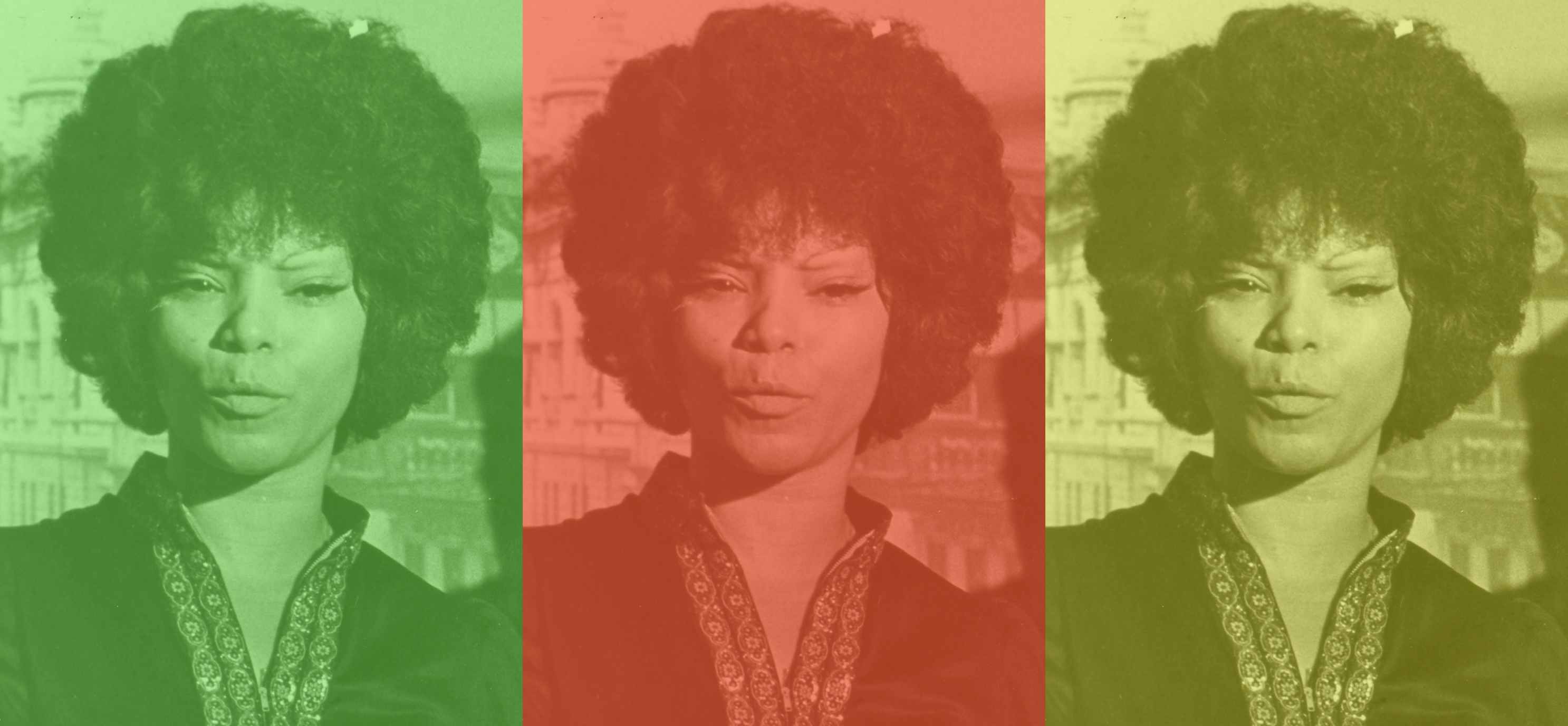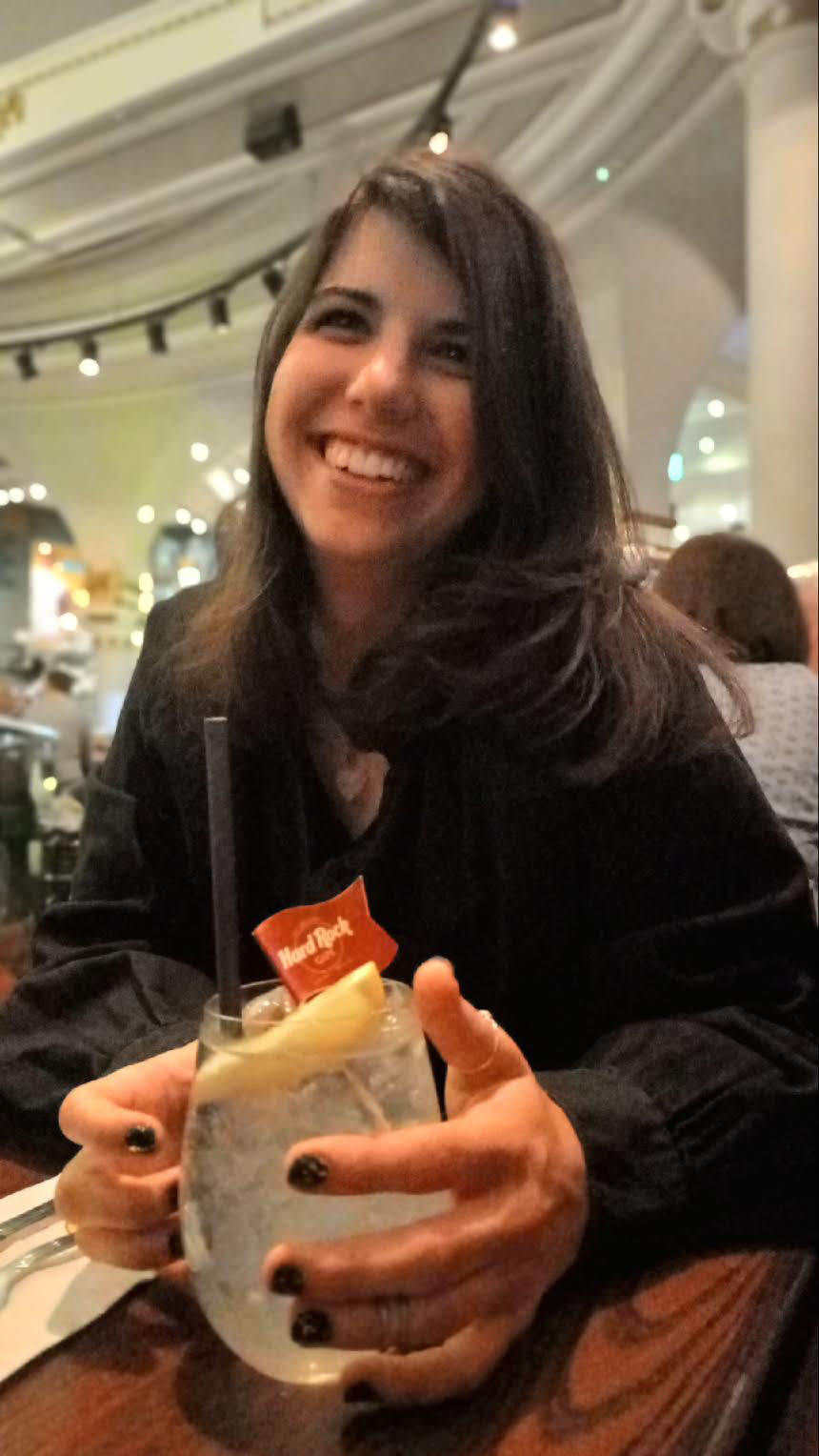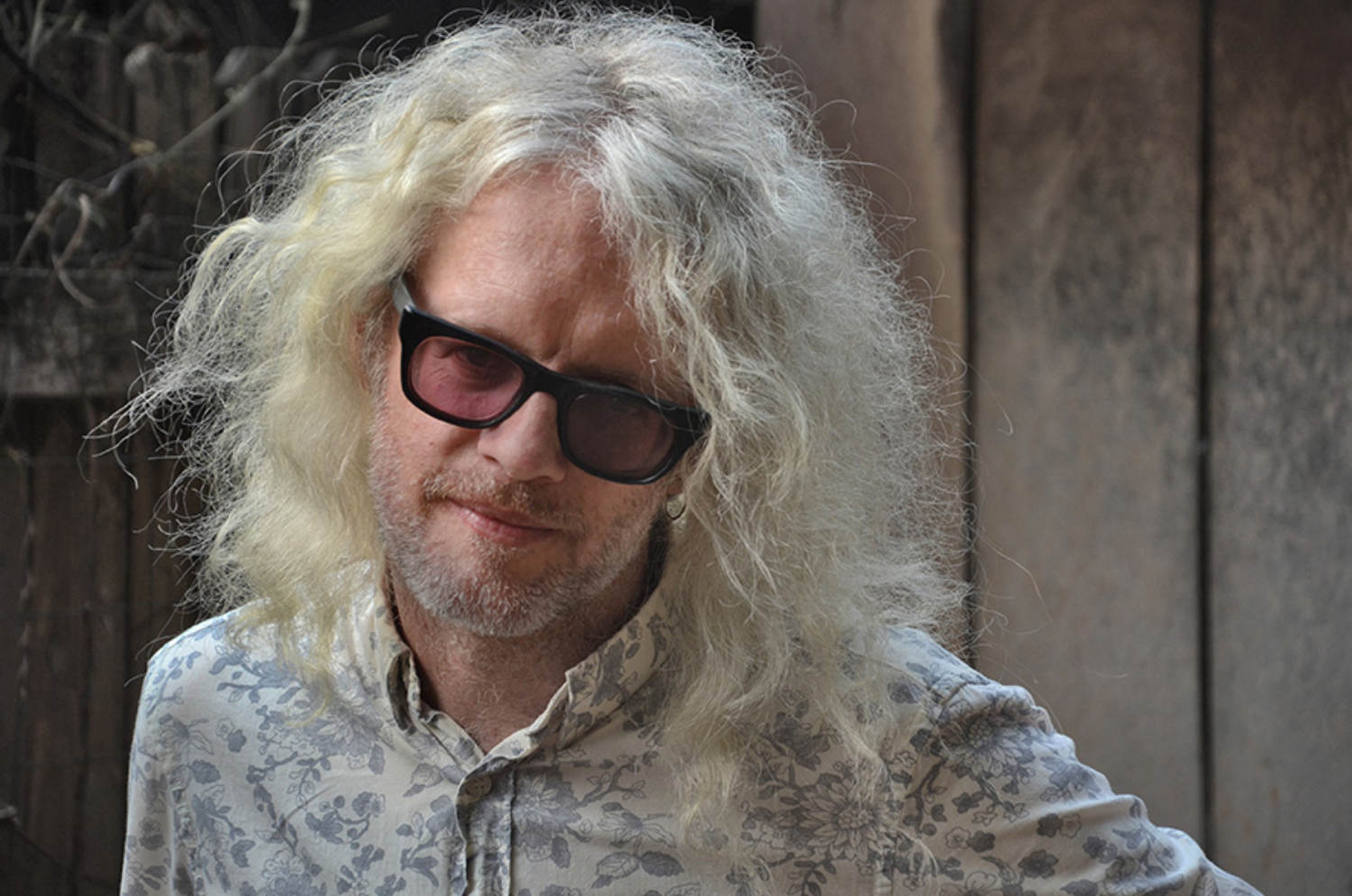Better late than never. April 16th is known internationally as the Day of Voice, and it is almost impossible not to intertwine the date with the BBC Radio London's “voice of the millennium”, the storied, Elza Soares one of the greatest singers of all time. Elza is renowned internationally, and is a national treasure in Brazil, ranked 16th on the list of the 100 greatest voices of Brazilian music compiled by Rolling Stone magazine.
When she died in in 2022, at the age of 91, Elza Soares career had spanned 70 years, with 34 records encompassing samba, jazz, electronica, hip-hop, funk, soul, Afro-Cuban, pop, rock and even punk…
Before the bright lights beckoned, Elza endured a childhood of profound deprivation and tragedy. Born in Moça Bonita (nowadays Vila Vintém), a favela on Rio’s impoverished west side in the 1930s. She moved to a tenement in the Água Santa neighbourhood, where she was raised. In humble circumstances, she helped her mother with household chores, carrying water cans on her head.
Her father forced her into marriage to a violent man when she was just aged 12. She had her first child at the age of 13, lost her second child to hunger when she was just 15, and became a widow by the age of 21.
Around this time she began writing her first songs.
Elza Soares appeared on Ary Barroso’s talent show, “Calouros em Desfile,” in 1953. A popular platform for aspiring and emerging artists to showcase their talents in music, dance, and comedy in the hope of launching an entertainment career. For Elza, this was an opportunity to earn money to care for her sick third child, having already lost two others to hunger. Unfortunately, the audience and host did not take her seriously - due to her humble way of speaking and dressing. This left the small, skinny Black girl embarrassed on stage, wearing her mother’s borrowed clothes, which were much too large for her. When Barroso asked, 'what planet did you come from, girl?' Elza responded sharply and powerfully, refusing to bow her head: 'From the same planet as you, Mr. Ary. From the hunger planet.' This marked her first live performance on the broadcaster’s largest stage at the time.
While Elza's participation in Ary Barroso's show did not lead to the hoped for opportunities, her brother Ino challenged her to audition for his teacher's orchestra. With a rendition of "Lamento," she secured a spot in the ensemble. Elza began accompanying the group at various social events. The prevailing racism of the time meant Elza could not perform at all shows - some clubs refused to allow a Black singer on stage.
Shortly after, Elza met Aloysio de Oliveira, a producer at Odeon Records, who invited her for an audition which led to a contract with the label. In 1959, she released her debut single "Se Acaso Você Chegasse,” a sambalanço recording which was a predominant genre of her early recording career. Se Acaso Você Chegasse provided much-needed radio exposure. Sambalanço is a fusion of samba, jazz, and bossa nova rhythms with an upbeat and danceable style. It typically features lively percussion, catchy melodies, and often incorporates elements of Brazilian popular music of the time.
 Elza Soares embarked on a year-long tour of Argentina, alongside Mercedes Batista. "Se Acaso Você Chegasse." She incorporated scat singing similar to that of jazz great Louis Armstrong - although Elza claims she was not familiar with American music at the time. After completing her second LP, "A Bossa Negra," Elza travelled to Chile representing Brazil in the FIFA World Cup of 1962, meeting Louis Armstrong in the process.
Elza Soares embarked on a year-long tour of Argentina, alongside Mercedes Batista. "Se Acaso Você Chegasse." She incorporated scat singing similar to that of jazz great Louis Armstrong - although Elza claims she was not familiar with American music at the time. After completing her second LP, "A Bossa Negra," Elza travelled to Chile representing Brazil in the FIFA World Cup of 1962, meeting Louis Armstrong in the process.
Her early international tours were marred by her swindling manager who ran out of money leaving Elza to set up her own club dates club until she raised enough cash to get back to Rio, a year later.
Her second album, "A Bossa Negra" (1961), bore a title that commented on bossa nova, a genre dominated by the white upper class and often seen as a symbol of Brazil abroad and domestically. However, her album showcased a type of samba that was popular in the favelas, thus reclaiming the African roots of a sound that achieved international success by stripping away traditional samba drums and incorporating intricate jazz harmonies.
In the 1966 Festival of Brazilian Popular Music, Elza placed second with "De Amor ou Paz." Two years later Elza participated again and won the award for best female performer with "Sei Lá, Mangueira."
In 1968, Elza travelled to the United States and Mexico, where she held several successful shows. During the same year, she also performed for Queen Elizabeth II during the Queen's state visit to Brazil.
Soares became one of the few Brazilian women singers to be featured in films and on television during the 1960s and 1970s. Her songs were also successful on the radio.
Elza's personal life throughout the sixties appeared chaotic. She was condemned by the press and society for her controversial relationship with the football star, Mané Garrincha while he was still married. The footballer left his wife for Elza after the 1962 World Cup. The moral backlash hampered her career and the relationship was marked by domestic violence and Garrincha's alcoholism. Two of their children died as infants, and two others, Garrinchinha and Gilson, also passed away. Garrincha died from alcohol related health issues in 1983, by which time the couple had divorced.
In 1964, Brazil witnessed the rise of a 21-year-long military dictatorship marked by authoritarianism, human rights abuses, political persecution, exile, and censorship. Elza Soares was persecuted. in the 1970s the house she shared with Garrincha, was machine-gunned. The motive is not clear, but Elza had been a supporter of the former president, João Goulart, event going so far as to record a jingle for him. The couple exiled in Italy for a few years, where Elza recorded in Italian for the local RCA label and even replaced Ella Fitzgerald on a tour she had planned for Europe. In 1971, an invitation to perform in Brazil brought the family home to Brazil.
The musical landscape in Brazil had changed and Elza found her label pouring resources into its new star, Clara Nunes. Elza recorded an album with Roberto Ribeiro. But the label was hesitant to release the record and refused to feature him on the cover citing that he was an unknown singer from a samba school unused to the studio. Rejected her labels veiled racism, Elza demanded the LP be released or she would leave the label. "Sangue, Suor e Raça" becoming a huge success and earning Roberto at least one more album with Odeon.
Meanwhile Elza's relationship with Odeon deteriorated, causing her to join the newly inaugurated Tapecar label.
In 1984, Soares recorded “Língua” with Caetano Veloso. It caused a buzz, but not enough to make honey and her career began to drift, despite some guest performances and moments where she flirted with Brazilian rock, like her guest appearance on "A Voz da Razão" and collaboration "Milagres." She spent some years in the United States without singing. She finally returned to the spotlight with the word of mouth buzz generated in 1997 with “Trajetória”, which relied on samba and MPB.
At the turn of the century, the BBC selected Elza Soares as the “best singer of the millennium.” Subsequently, she recorded “Do Cóccix até o Pescoço” in 2002, which was a blend of samba, MPB, and rapping. It was nominated for the 2003 Latin Grammy as the best album of Brazilian Popular Music (MPB). In the same year, she released “Vivo Feliz,” while not a commercial success, the album mixed samba and bossa nova with electronic music and contemporary effects. This opened a new career path for Elza, who diversified her repertoire to include electronic and rap music that matched her characteristic swinging rhythm and raspy voice.
In 2015, Elza Soares released “A Mulher No Fim do Mundo,” which was her definitive consecration as a singer, marking a new phase in her career and positioning her as a diva for a younger generation that did not experience the 1970s and 1980s. The following year, “A Mulher No Fim do Mundo,” was awarded the “best MPB album” at the Latin Grammy Awards. It also made it to the top 10 list of best albums in The New York Times. Afterwards, Elza Soares released “Deus É Mulher,” feature female songwriters.
Elza Soares’ final album, “Planeta Fome,” was released in 2019, and featured collaborations with contemporary artists whom she'd come to respect.
Before the pandemic, Elza Soares was still touring, but when everyone was forced to stay at home, she quickly adapted to doing live streams. She missed the warmth of the audience but never considered stopping for a moment, remaining committed to singing until the end.
As much as her voice, Elza Soares was known for her flamboyant make-up, extensive plastic surgery, gigantic wigs, and outrageous dress style.
Elza also had a long-standing relationship with Carnaval, especially with the Mocidade Independente de Padre Miguel samba school. She was one of the first women to perform as a singer at the Sambadrome. The life and work of the singer were celebrated in the school's parade in 2020, with Elza herself parading on a float.
As one of the pioneering Black female singers in Brazil to attain prominence – with one of her early albums titled "A Bossa Negra" – she frequently championed equal rights in her lyrics, advocating for women facing domestic abuse, the Black community and for LGBTQ+ rights.
Soares anti-racist advocacy is epitomised in her anthem: “The cheapest meat in the market is the black meat.”
Elza Soares still soars.
essentials
Elza Soares image from Wikipedia, approx 1971

























